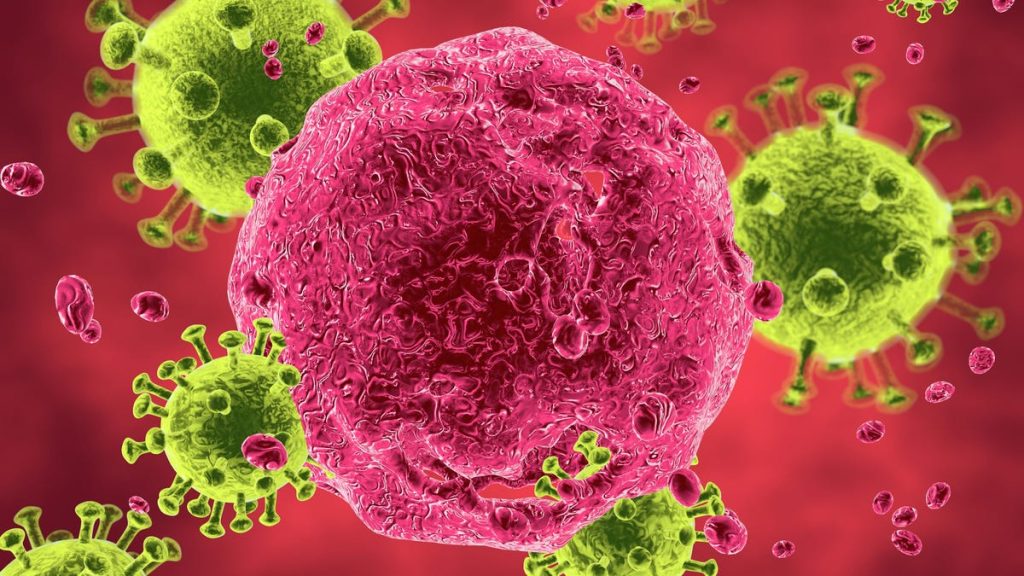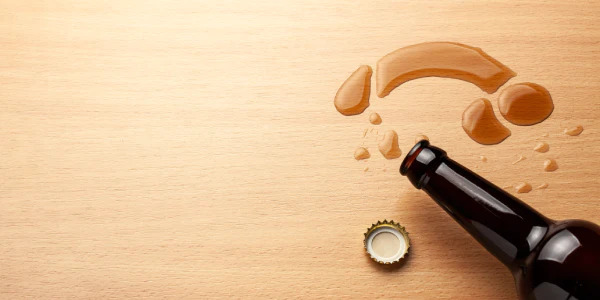What are the symptoms of HIV found in men?
The human immunodeficiency virus (HIV) is the primary cause of the chronic, potentially fatal illness known as Acquired Immuno Deficiency Syndrome (AIDS) (HIV). HIV interferes with your body’s capacity to fight disease and infection by weakening your immune system.

A sexually transmitted infection is HIV (STI). Additionally, it can be transferred through sharing needles, injecting illegal substances, and coming into touch with infected blood. Additionally, it can be passed from mother to kid while she is pregnant, giving birth, or nursing. Without treatment, it can take years for HIV to progressively impair your immune system to the point where you develop AIDS.
HIV/AIDS has no known cure, however drugs help manage the infection and stop the disease’s progression. International organisations are attempting to promote the accessibility of prevention strategies and treatment in resource-poor nations. Antiviral therapies for HIV have decreased AIDS fatalities globally.
How is HIV transmitted?
HIV can be distributed in a variety of ways:
- by having unprotected sex with an HIV-positive person. It spreads primarily in this manner.
- by lending each other a needle.
- by coming into contact with an HIV-positive person’s blood.
- During pregnancy, childbirth, or breastfeeding, from mother to kid.
You CANNOT obtain HIV via kissing, sharing food or beverages, or using the same fork or spoon since saliva (spit) is not how HIV is communicated. Additionally, HIV cannot be transmitted through hugging, holding hands, coughing, or sneezing. And a toilet seat cannot transmit HIV to you.
HIV infection was once spread through blood transfusions. However, it is now completely safe to give or receive blood in medical facilities. In addition to testing donated blood for HIV and other illnesses, doctors, hospitals, and blood donation facilities never reuse needles.
Who is susceptible to contracting HIV?
HIV can affect anyone, however some groups are more likely to contract it than others:
- individuals who are infected with another STD. You run a higher risk of contracting or spreading HIV if you have an STD.
- drug injectors who use sharing needles.
- Bisexual and gay males.
Symptoms of HIV in men
The severity of the symptoms varies from person to person. Some people will experience symptoms, while others won’t. Depending on the stage of HIV infection, symptoms can vary. If untreated, HIV infection progresses through three stages.
Stage 1
This develops after HIV infection and may feel like the flu. However, not everyone will encounter this. Some symptoms include:
- fever (raised temperature) (raised temperature)
- rash
- unwell throat
- enlarged glands
- headache
- stomach aches or diarrhoea
- joint pains and aches
- muscular ache.
Stage 2
Many folks start to feel better at this point. This phase could continue ten years or longer. You might not have any symptoms at this time.
Stage 3
Your immune system is severely compromised at this point and is unable to protect you from major infections and illnesses. You’ll feel quite ill. Some symptoms include:
- slim down
- persistent diarrhoea
- morning sweats
- fever
- recurring cough
- mouth and skin conditions
- persistent infections
- significant disease or illness.
You are thought to have AIDS if you contract certain dangerous infections. Some individuals who are not receiving treatment experience no symptoms in phases 1 or 2.
If you do get symptoms, they will probably begin two to six weeks after the illness. HIV does not always indicate you have symptoms. An HIV test is the only way to determine if you are infected. You can arrange for a test when you see your healthcare provider.
Treatments for HIV/AIDS
HIV infection cannot be cured, although it can be managed with medication. The term for this is antiretroviral treatment (ART). HIV infection may become a chronic, manageable illness with ART. Additionally, it lessens the chance of infection transmission to others.
If they start and continue taking ART, the majority of people with HIV live long, healthy lives. Additionally, it’s critical to look after your needs. You can have a higher quality of life by making sure you have the support you require, leading a healthy lifestyle, and receiving regular medical care.
REFERENCES:
- https://www.beintheknow.org/hiv-and-stis/understanding-hiv-and-aids/hiv-symptoms
- https://medlineplus.gov/hivaids.html
- https://www.plannedparenthood.org/learn/stds-hiv-safer-sex/hiv-aids
- https://www.mayoclinic.org/diseases-conditions/hiv-aids/symptoms-causes/syc-20373524
- https://www.who.int/health-topics/hiv-aids
For more details, kindly visit below.
